November 2025 / 2026: Eastern South Africa Endemics
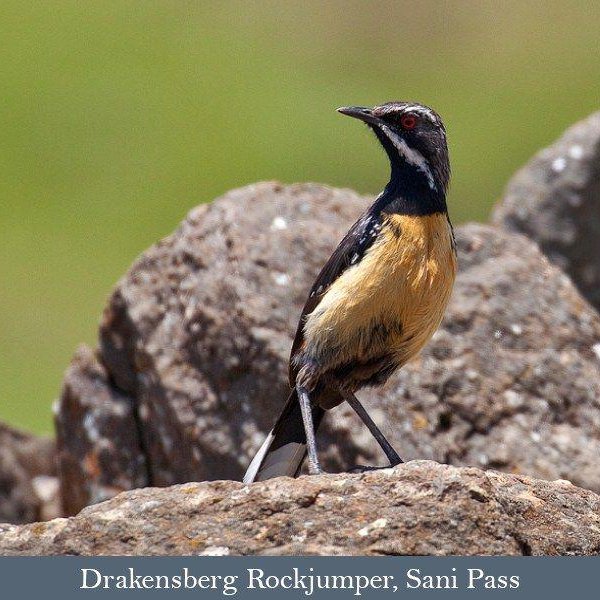
See the endemic birds of South Africa on this intensive birding tour through the eastern regions of the country. Following our Western South Africa Birding Safari, this tour focuses on the endemic-rich eastern habitats. Combine both for a South African endemics mega-tour, or enjoy this journey as a stand-alone experience.
South Africa is a global birding hotspot, home to 69 endemic and near-endemic bird species. Two bird families — Rockjumpers and Sugarbirds — are essentially endemic to the region, shared only with Lesotho and eSwatini.
According to The Birder’s Guide to Africa by Michael Mills, South Africa ranks first in three out of five major birding categories. This tour is designed to focus on those endemics, allowing global birders to see a majority of these in one trip.
Areas Covered on This Birding Safari in South Africa:
Our Eastern South Africa Birding Safari starts in Umhlanga, near the port city of Durban. The route includes:
- Sani Pass and the Southern Drakensberg
- Eshowe and Dlinza Forest
- St Lucia and iSimangaliso Wetland Park
- Tembe Elephant Park (open-sided safari drives)
- Wakkerstroom (home to Rudd’s Larks)
- Kruger National Park (open safari vehicle birding)
- Magoebaskloof (misty montane forests)
- Polokwane, ending in Johannesburg
Each stop offers unique bird habitats and maximised opportunities to spot South African birds and regional endemics.
Accommodation:
The accommodation is of a medium-plus standard. It includes several guest houses, a tented safari lodge, national park chalets and a small hotel. All accommodations offer en-suite facilities and are selected for comfort, cleanliness, and proximity to birding hotspots.
Birding Highlights – Endemic & Near-Endemic Birds of South Africa:
Endemic birds are the name of the game! Our South Africa birding safari covers most of the birding hot-spots of the eastern side of South Africa. These spots have been chosen on the basis of their special birds and geographic location to create a concise route. This route is designed to maximise the chances for the endemics.
These endemics include:
- Drakensberg Rockjumper, Drakensberg Siskin
- Gurney’s Sugarbird, Ground Woodpecker
- Bush Blackcap, Cape Parrot, Eastern Long-billed Lark
- Rudd’s Lark, Blue Korhaan
- Buff-streaked Chat, Yellow-breasted Pipit, Cape Vulture
Exciting near-endemics and other specials include:
- Blue Crane, Lammergeier, Jackal Buzzard
- Secretarybird, Narina Trogon, Livingstone’s Turaco
- Southern Ground Hornbill, African Broadbill
- Orange Ground Thrush, Short-clawed Lark, Bokmakierie
Other Wildlife on Safari:
Though primarily a birding tour, the Eastern South Africa Endemics Safari offers exceptional wildlife viewing. Possible sightings include:
- Elephant, African Buffalo, Lion, Leopard, Hippopotamus, South African Giraffe
- Antelope species, primates, mongooses, and Honey Badger
- A variety of reptiles, amphibians, butterflies, and insects
Is This Tour Right for You?
This is a fast-paced birding safari designed for serious birders wanting to focus on endemics and near-endemics. Due to its intensity and coverage, it’s best suited to those with prior birding experience and a focused interest.
Combine this with the Western Endemics Tour for a full sweep of South Africa’s endemic bird species.
Have a look at our Western South Africa Endemics safari, for the endemics and near-endemics found in the other side of the country.
Gallery
Itinerary
Tour in brief
Group size: maximum of 10 participants; 5 participants per guide / vehicle.
Areas visited: Sani Pass, Eshowe, St Lucia, Tembe Elephant Park, Wakkerstroom, Kruger National Park, Magoebaskloof and Polokwane.
Expected weather conditions: generally warm to hot and humid at this time of year, though in the highlands of Sani Pass and Wakkerstroom it can get cold, depending on the exact weather conditions at the time. Some rain is probable as it's the start of the summer rainy season, though it shouldn't be disruptive.
Tour tempo: medium-plus to fast paced - there are lots of birds to see!
Accommodation standards: medium; guest houses and National Parks accommodation.
Birding in brief: excellent variety of habitats and bird species, strong focus on birding.
Top birds: Drakensberg Rockjumper, Drakensberg Siskin, Rudd’s Apalis, Bearded Vulture, Pink-throated Twinspot, Rudd’s Lark (rare), Ground Woodpecker, Blue Crane, Blue Korhaan and Short-clawed Lark, among many others.
Mammal viewing: although not strongly focused on mammals, we should see a good selection of game including African Buffalo, African Elephant, Southern Giraffe, Eland, Meerkat, Sloggett’s Ice Rat, Lion and even Leopard.
Other wildlife and attractions: scenic Drakensberg Mountains, interesting culture in Lesotho, iSimangaliso Wetland Park and Kruger National Park.
Add-ons: this tour can be combined with the Western South African Endemics set-departure.
Full Itinerary
Rates
2025: ZAR 85 550 per person sharing; ZAR 8 250 single supplement
2026: ZAR 89 800 per person sharing; ZAR 7 555 single supplement
Price may be subject to change based on factors beyond our control. Note that this tour can only run at the listed price with a minimum of two participants.
Includes
- Accommodation
- Breakfasts and dinners
- Ground transport
- Bottled water in Lawson’s vehicle whilst travelling
- Entrance fees
- Personalised checklists
- Specialist guide fees
Excludes
- All airfares
- Travel and medical insurance
- Lunches
- All drinks
- Optional excursions where applicable
- Gratuities
- Items of a personal nature
Note:
- This itinerary is subject to change due to weather conditions at the time and other factors beyond our control.
- The species mentioned in the itinerary represent only some of the possible ones we may see on the tour, however, none of these can be guaranteed even though every effort will be made where possible to locate them. A full list of possibles appears on your checklist.
Participants should ideally overnight in Umhlanga on the night before the tour starts (this cost is not included). We are happy to arrange this accommodation. Tour ends in Johannesburg on the late afternoon of the last day of the tour in time for evening transcontinental flights. Please check with us before booking any flights.
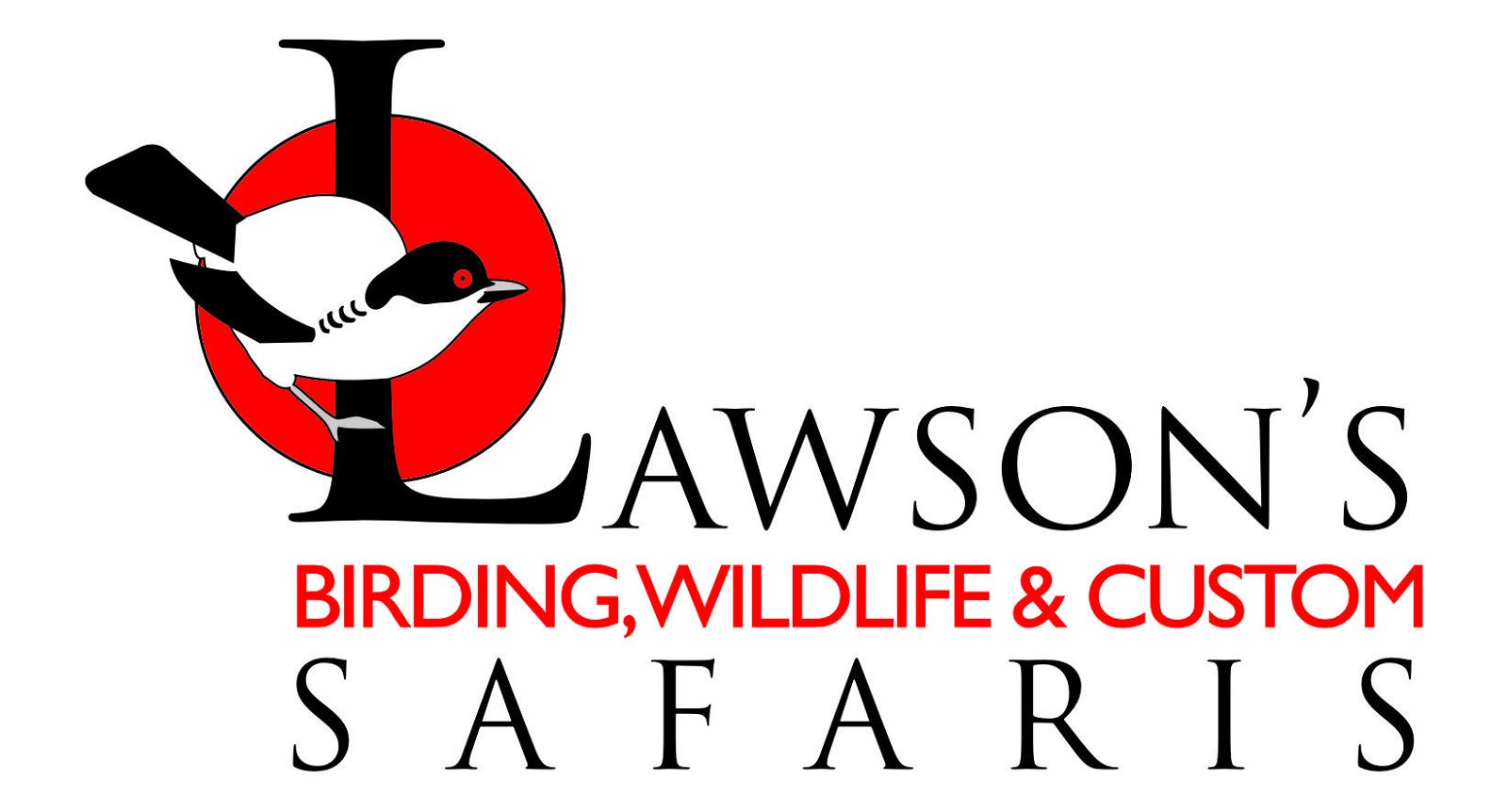

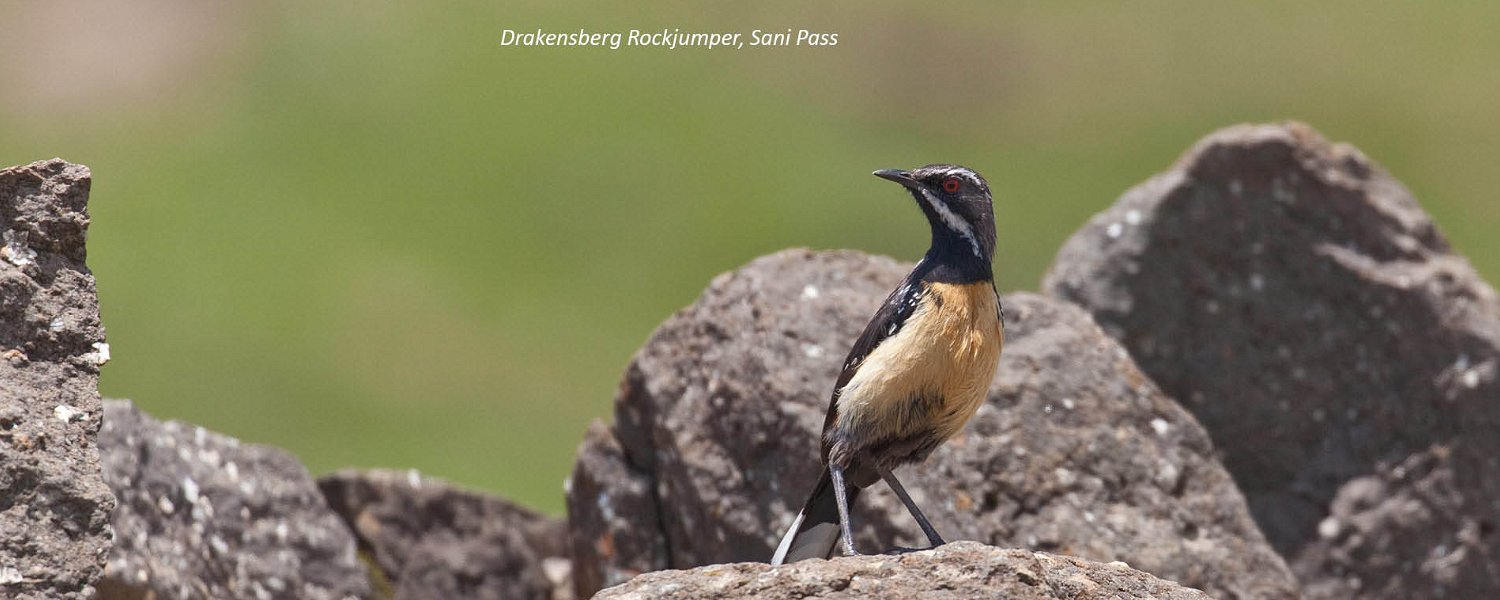
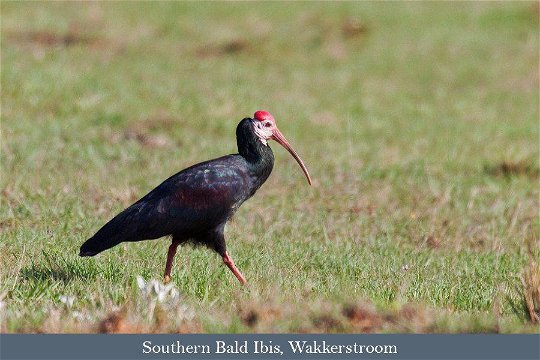
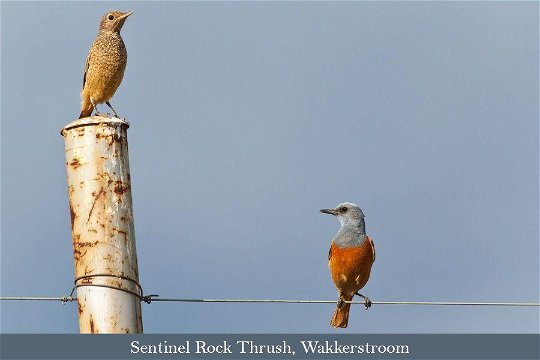
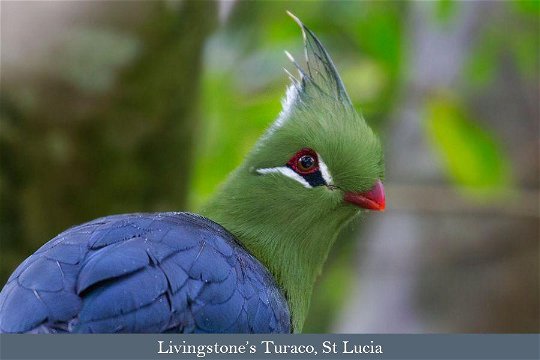
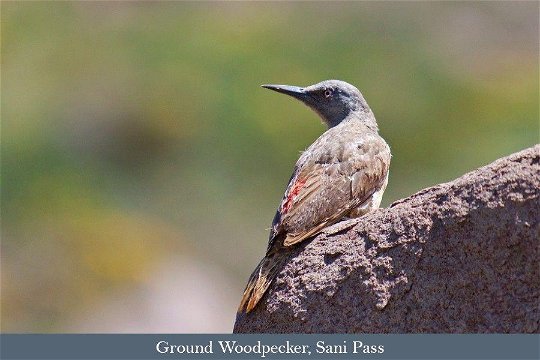
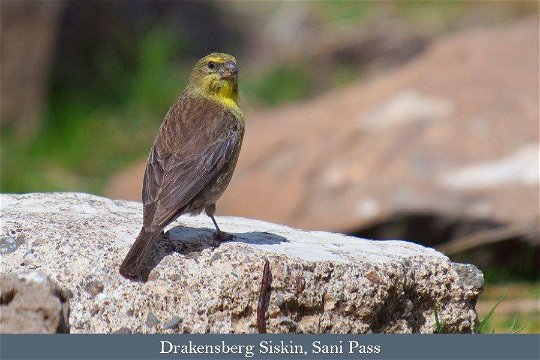
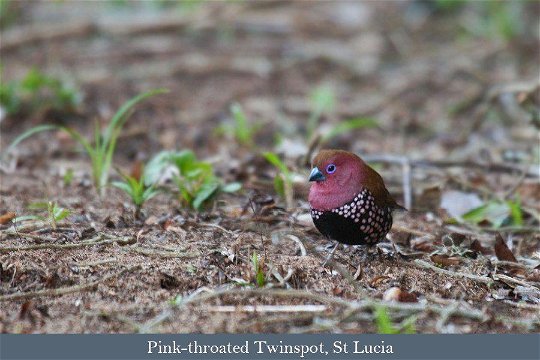
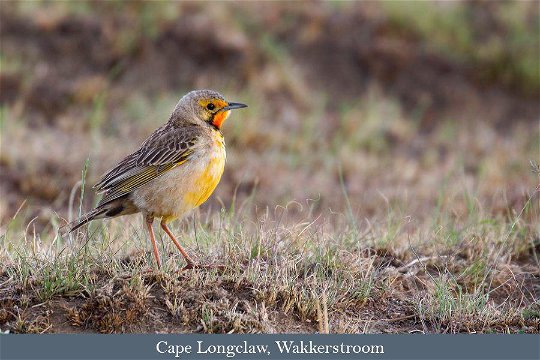
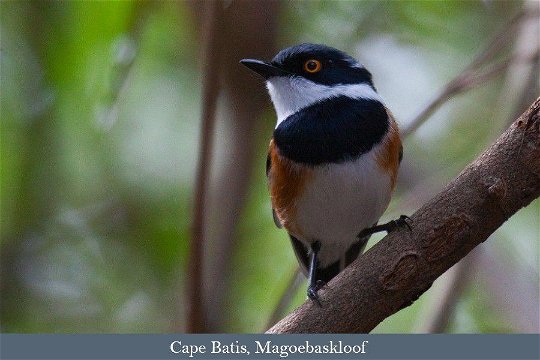
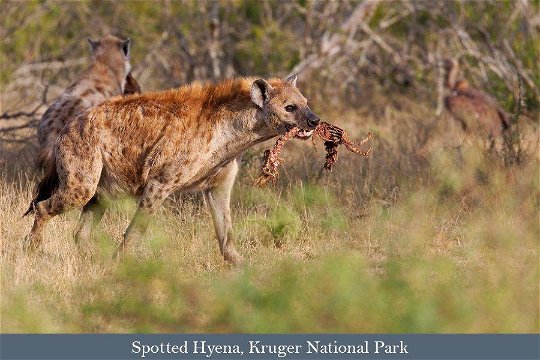
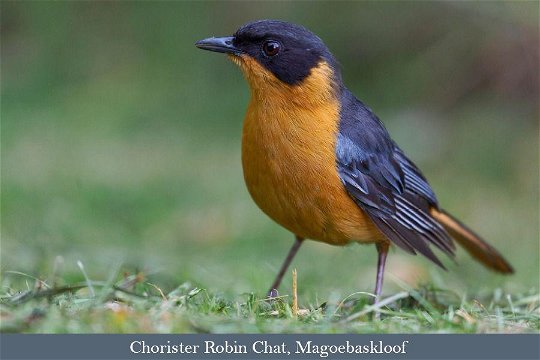
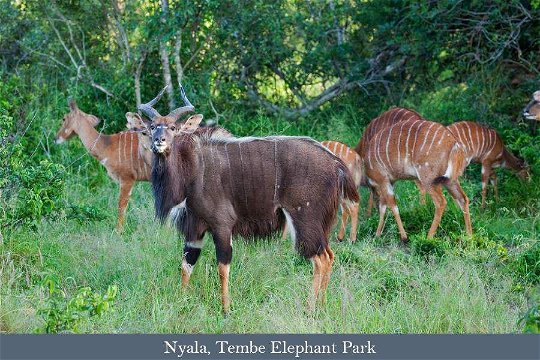
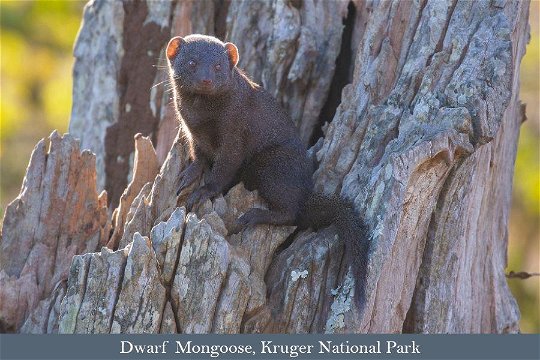
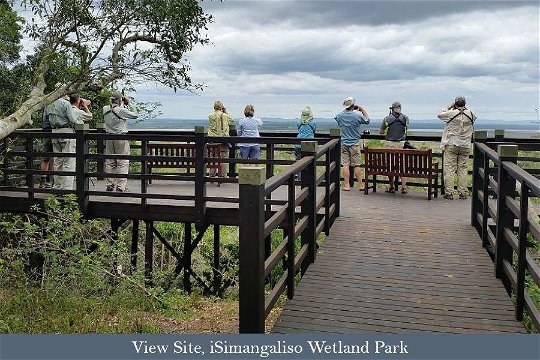
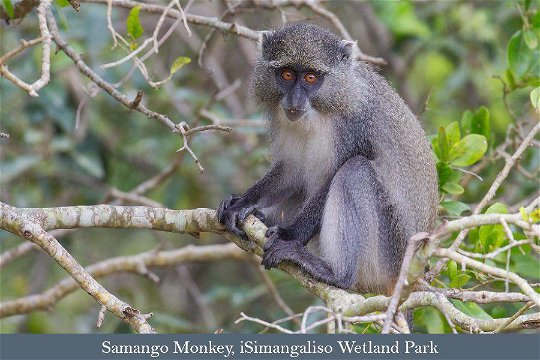
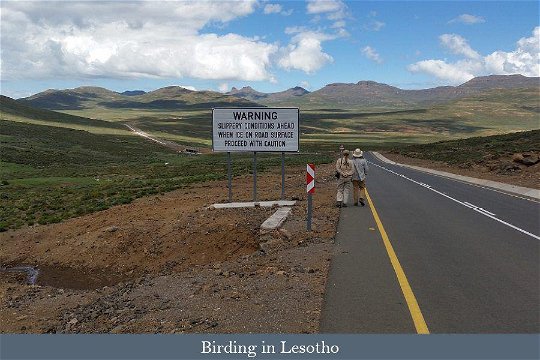
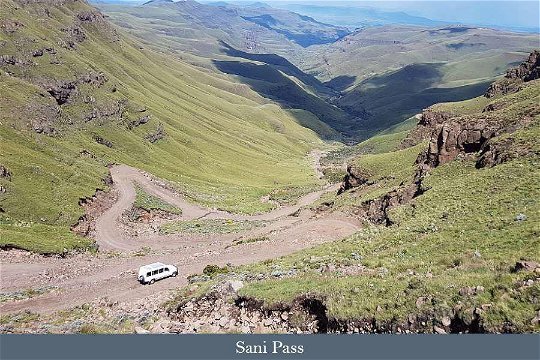
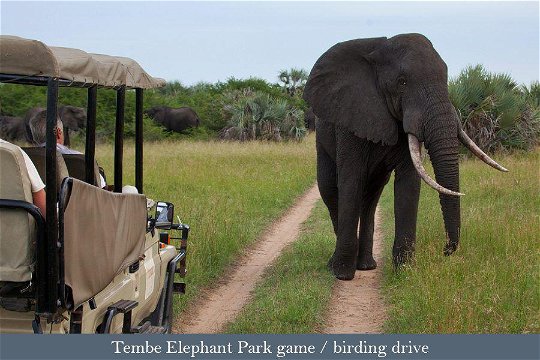
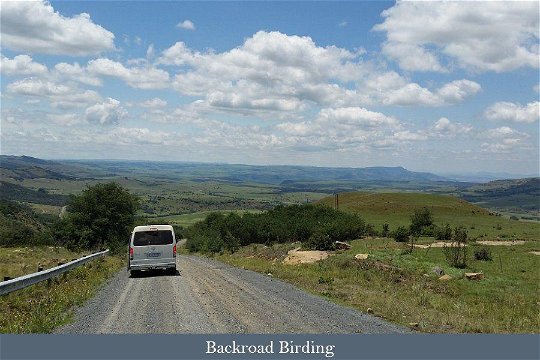
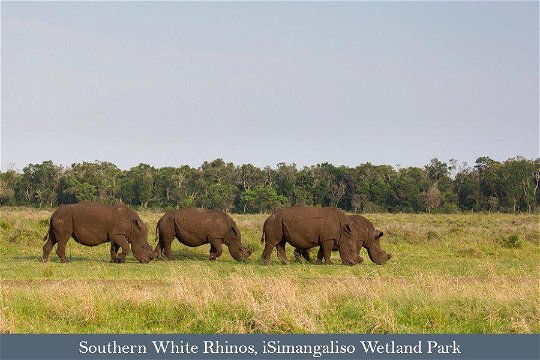
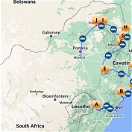
Share This Page